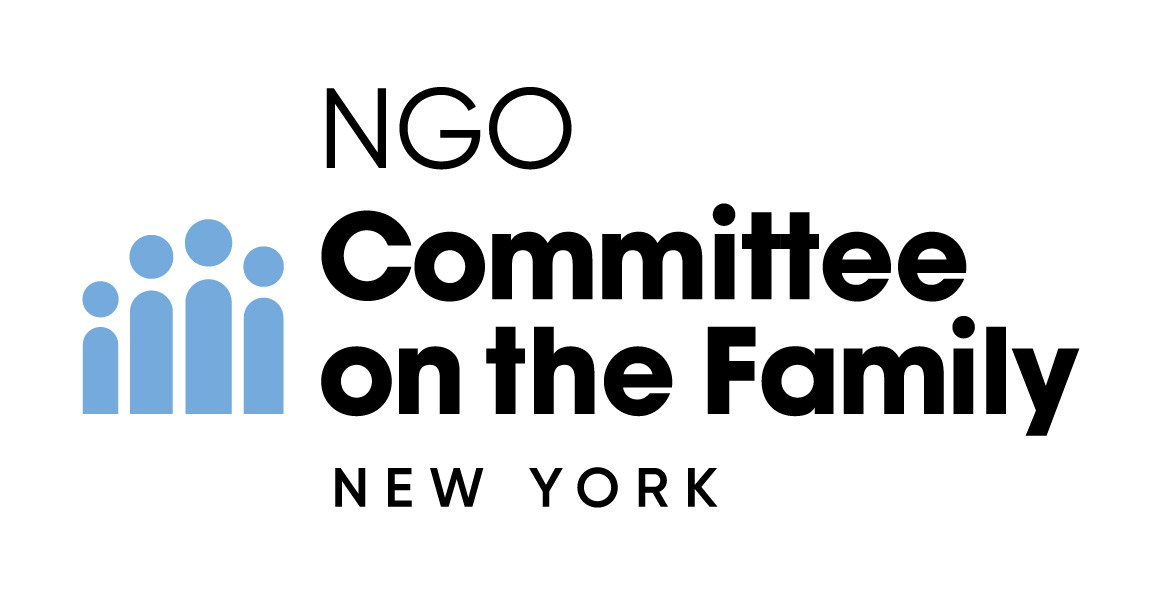The NGO Committee on the Family New York invites you to attend
Exploring Global Fertility Trends, Family Dynamics, and Solutions
Thursday, Oct 28, 2021, 1 – 2PM EDT (New York Time)
Please join us for presentations by
Amb. Zsuzsanna Horváth, Permanent Representative of Hungary to the United Nations;
Dr. Valerie Hudson, University Distinguished Professor, Department of International Affairs at the Bush School of Government and Public Service at Texas A&M University; Founder, The WomanStats Project
Dr. Lyman Stone, Director of Research, Demographic intelligence; Research Fellow, Institute for Family Studies; Adjunct Fellow, American Enterprise Institute.
A recording of this session is on our YouTube channel at https://www.youtube.com/watch?v=-GjHeDIPG-s
(Click through for concept note)
Global fertility has been declining over the past half century, from almost five live births per woman (1970-1975) to 2.5 births (2015-2020.) In 2019, close to half of the countries of the world had below replacement fertility rates (2.1 live births per woman). Examples of low fertility rates include: 0.9 in South Korea, 1.2 in Spain, and 1.0 in Hong Kong. Although, 40 countries still reported total fertility rates higher than 4.0 births per woman, mostly in sub-Saharan Africa, it is projected that the global fertility decline will continue and may reach replacement level (2.1) shortly after the mid-century mark. The global population decline will continue from there. Yet, women in the developed world say, on average, they want between two and three children; while achieving a fertility rate of only 1.6 to 1.75 children. Although there are benefits to lower birth rates, such as those related to environmental impact, there is growing concern about the long-term ramifications of nations’ inability to replace their population.
Program:
For this program, experts will be examining fertility data from around the world and the consequences of population decline particularly in the arenas of geo-politics, the environment, economic growth, social stability, poverty reduction, and the impact on family dynamics and quality of life. Some attention will be given to the often little discussed issue that most women indicate their desired family size is not achievable, reflecting a kind of failure of women’s empowerment and autonomy. The discussion will also include the success rate of various national policies intended to increase fertility.
A recording of this session is on our YouTube channel at https://www.youtube.com/watch?v=-GjHeDIPG-s
